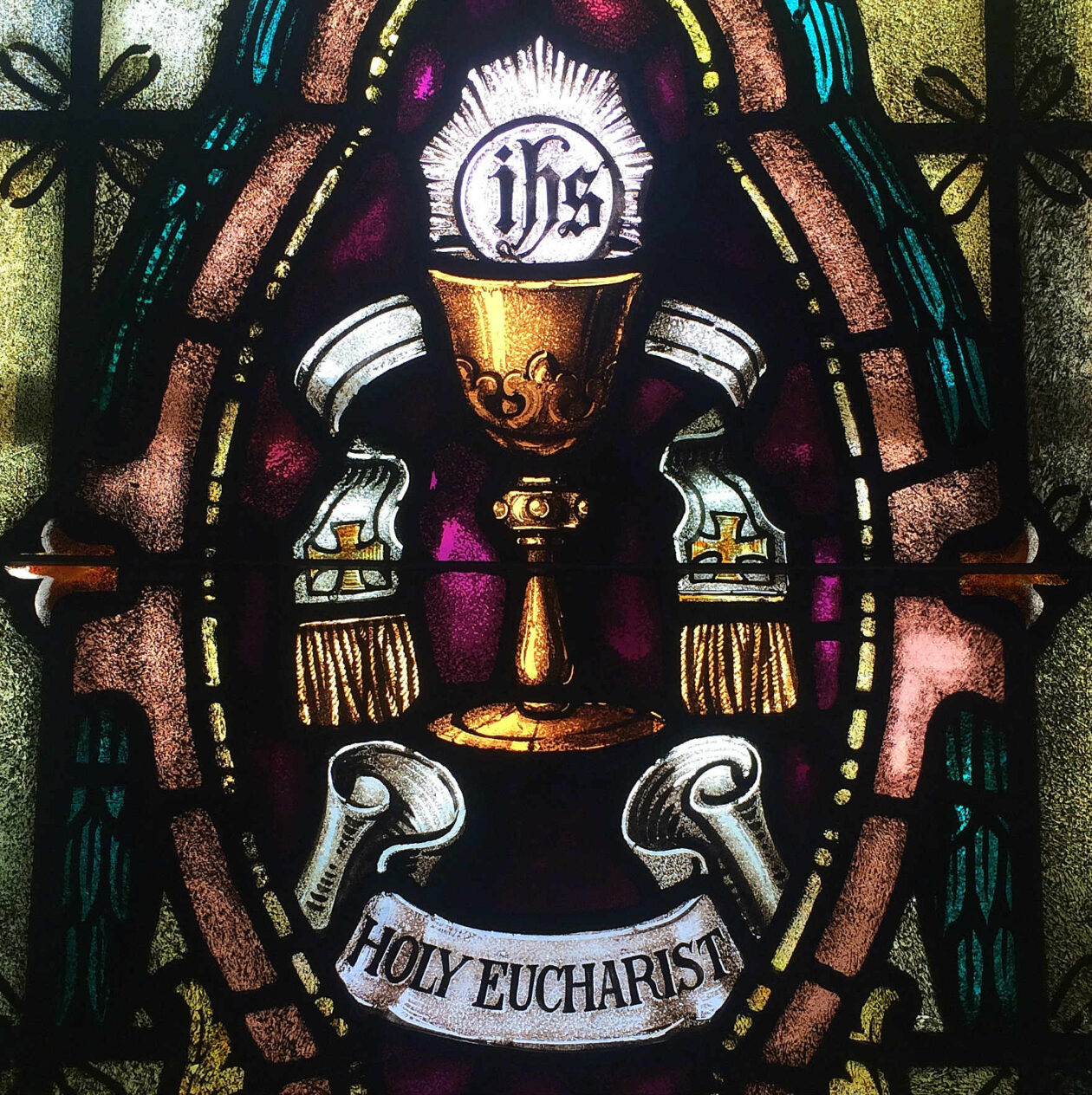
The feast of the Body and Blood of Christ is contemplated in this Sunday’s liturgy through the discourse which follows the miracle of the multiplication of loaves in John’s Gospel. The famous Johannine statement about Jesus – “I am the living bread” – is presented for our reflection.
What did Jesus mean when He invited his followers to eat His Flesh and drink His Blood? Jesus said “Whoever eats my flesh and drinks my blood remains in me and I in them.”
In every age and in all cultures, people have tried to experience God in their lives. Those who have experienced God feel that God has became one with them. This understanding of the union with God is different from person to person. Even the expression of this encounter is totally different between two mystics. But one thing that is common in all these experiences is that our hearts are always longing to unite ourselves to God.
In the ancient world, during the time when John wrote his Gospel, people expressed their longing to God through their rituals. Animal sacrifice, for example, was the most common ritual. When the animal was sacrificed to God, only a portion of the animal was burnt on the altar. The remainder was consumed by the worshipper along with his family and friends within the temple precinct. They believed that God had become part of their offering and thus, as they consumed it, had come into their own bodies.
When Jesus, in St. John’s Gospel, invites His followers to eat His Body and drink His Blood, he is offering them the best means of uniting with God. For the Jews, blood represents life and life belongs to God. So Jesus is inviting us, his disciples, to take His life as the source and centre of our life, which comes from God.
And by offering his Body, Jesus is telling us to strengthen ourselves with His whole person. The Body and Blood of Christ also means a sacrifice. By offering ourselves to God as Jesus did, we will be able to unite ourselves with God.
– Fr Ranjan D’Sa OCD

